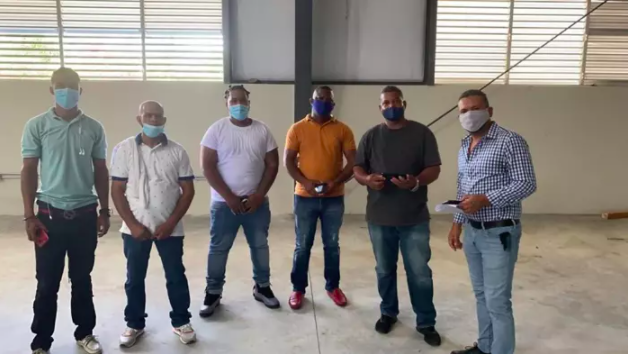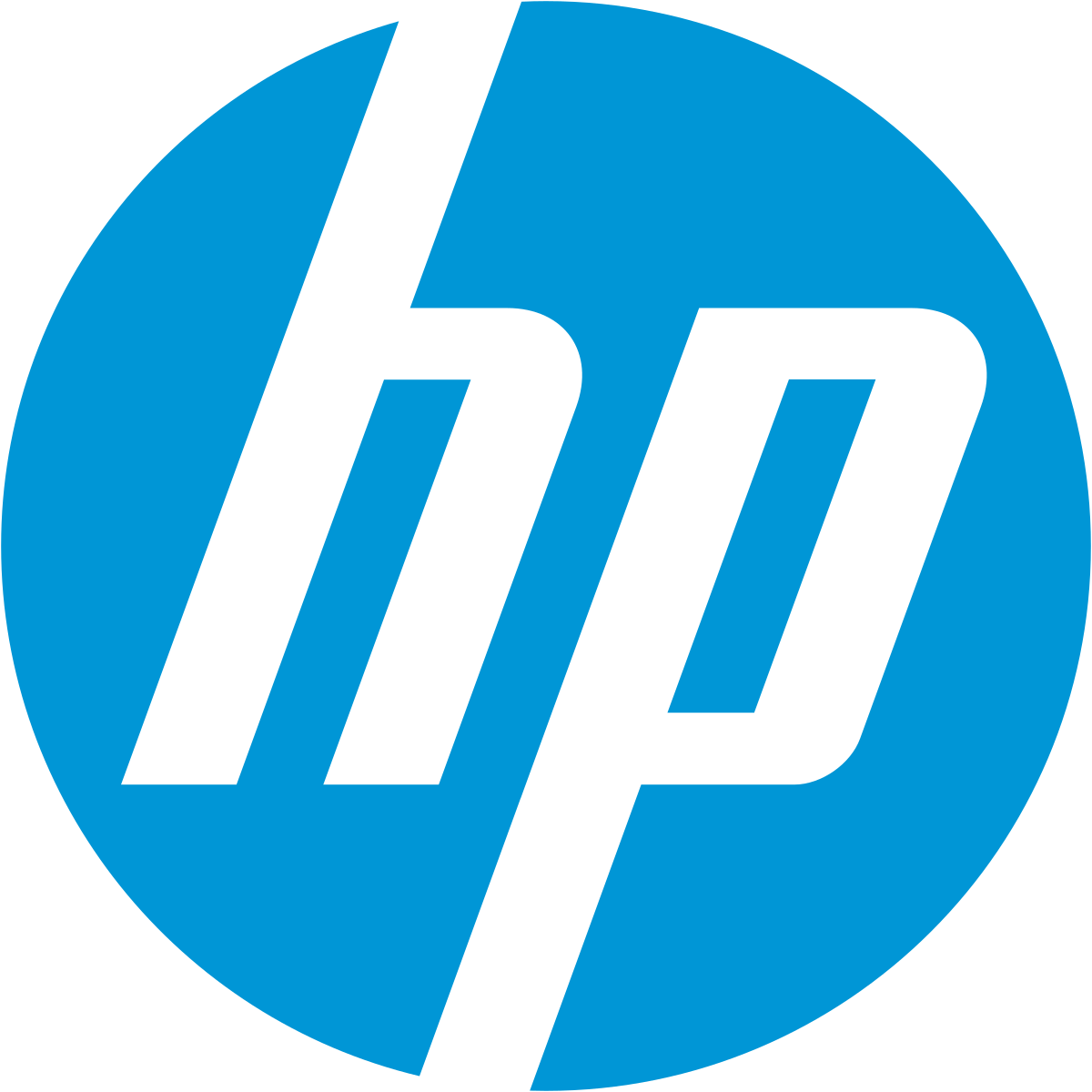Lessons in Innovation Under Some of the World's Harshest Conditions
By Ellen Jackowski, Sustainability and Social Impact Officer, HP

It may seem distant, but let’s flash back in time quickly to early March.
In Haiti, our new building was complete, the plastic washing line equipment had arrived, and an installation team from Germany, Canada, and the US had their airline tickets confirmed. We were in the final critical phase of delivering on our $2 million investment to expand our ocean-bound plastic supply chain here in this island nation, but like nearly everything in early 2020, our best laid plans were under threat by a global pandemic.
Air travel halted, businesses shifted to remote work models, and countries closed their borders to contain the spread of the virus.
It was a disappointing blow to the global team who had already faced multiple obstacles on this four-year journey. Relocating a portion of our supply chain and building a new business model in the poorest country in the Western Hemisphere comes with a unique set of challenges. It is a fact to which our team has grown accustomed. Since 2016, HP, together with our partners, Lavergne, First Mile, and Work, have been innovating new ways of working under some of the harshest conditions in the world.
But the rewards are substantial. These efforts have already diverted more than 1.7 million pounds of plastic materials—that’s more than 60 million bottles—from reaching the ocean. The plastic is combined with other plastics, including recovered materials from HP Planet Partners (the #1 printer supplies recycling program1) and is repurposed into HP products and printing supplies, including the world’s first displays, notebooks, mobile workstations, enterprise Chromebooks, and consumer notebooks containing ocean-bound plastic.
This initiative has already created 1,100 new income opportunities for adults in Haiti and we’ve opened two new learning centers equipped with HP ProBook x360 Education Edition laptops and HP printers, providing more than 150 children with quality education, food, and medical assistance.
By adding a plastics washing line to our supply chain in Haiti, we’re expecting to create an additional 1,000 new income opportunities, while enabling Haiti to expand its recycling capabilities and compete better on the international plastics market.
With so much at stake, we, together with our partners, weren’t about to let COVID-19 halt our progress in driving environmental, social, and economic impact for the people of Haiti.

